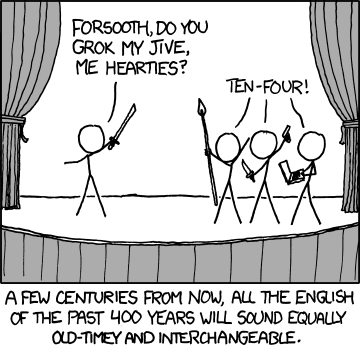Large companies often find it difficult to innovate, but not for lack of trying. Most major corporations have regular means by which new product or product line ideas are vetted. Unfortunately, such processes are designed to select incremental improvements to existing products and services, rather than to introduce radically new offerings. One significant reason for this is that when senior management considers a new idea, they often look at the revenue stream, and compare it, implicitly, with revenue streams from existing (successful) products. Proposed products that are not immediately comparable in their revenue streams with existing product lines are often not approved.
This is the trap of success. A company learns how to do something well, and then gets stuck in that rut. When the market changes, few companies are able to systematically get out of that rut and regain their past levels of success in new areas. IBM’s reliance on mainframe computing, Xerox’s on xerography patents, and Microsoft’s ignoring the Internet for a long time are examples of companies that actually managed to survive these painful transitions; many other companies did not.
This analogy applies to research as well.
Continue Reading
